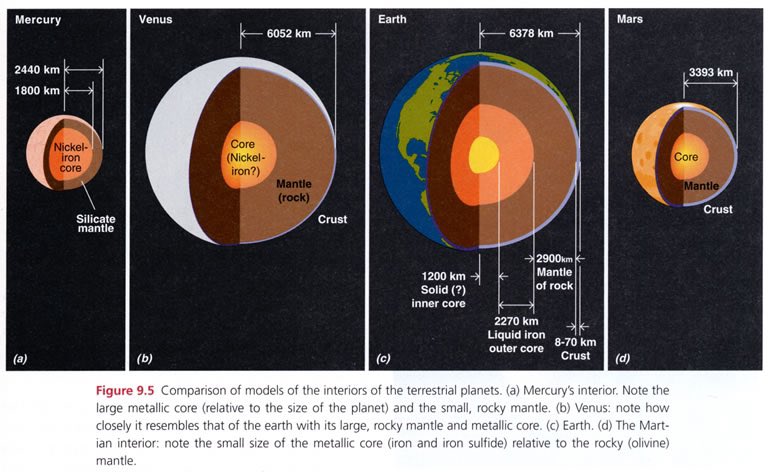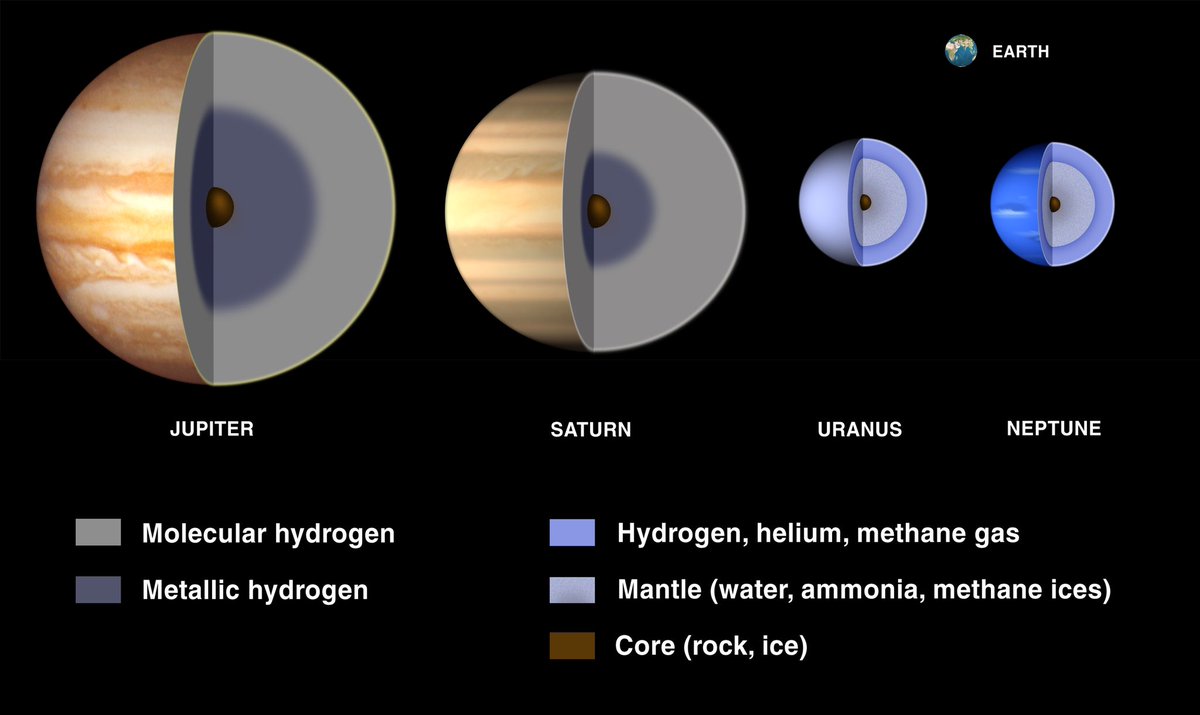

Doing the relativistic calculation now. (It has been a long time since grad school. Patience 🙏)
In the milder planetary collisions we see in a solar system, this is what a shockwave from impact does...


Keep Current with Dr. Phil Metzger
This Thread may be Removed Anytime!
Twitter may remove this content at anytime, convert it as a PDF, save and print for later use!

1) Follow Thread Reader App on Twitter so you can easily mention us!
2) Go to a Twitter thread (series of Tweets by the same owner) and mention us with a keyword "unroll"
@threadreaderapp unroll
You can practice here first or read more on our help page!